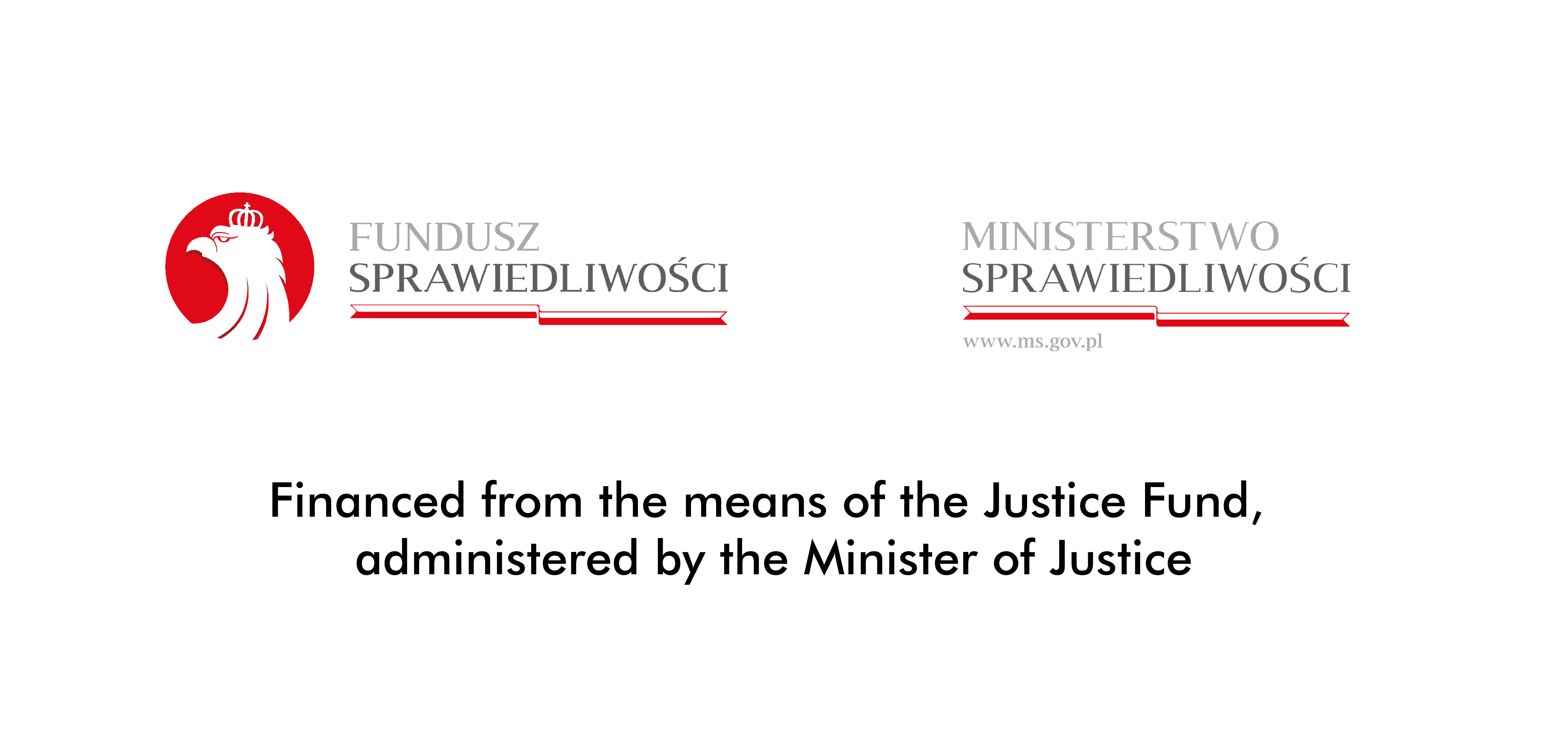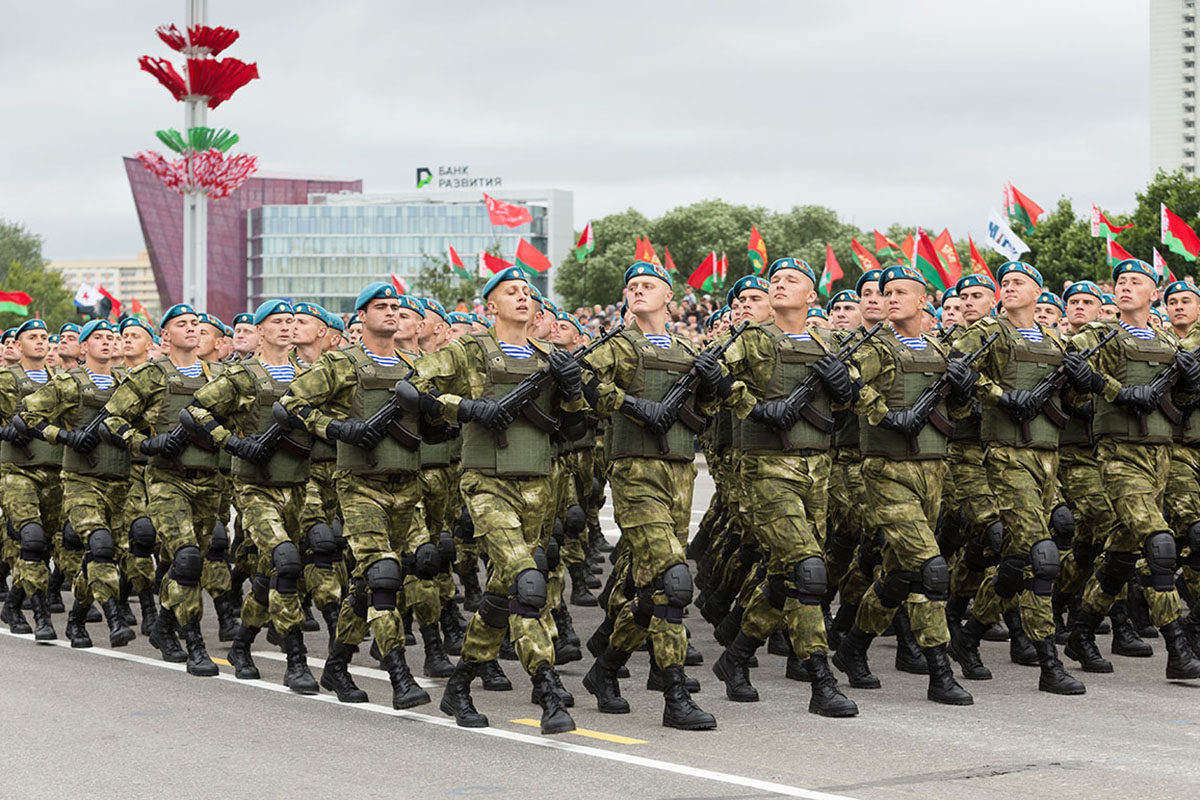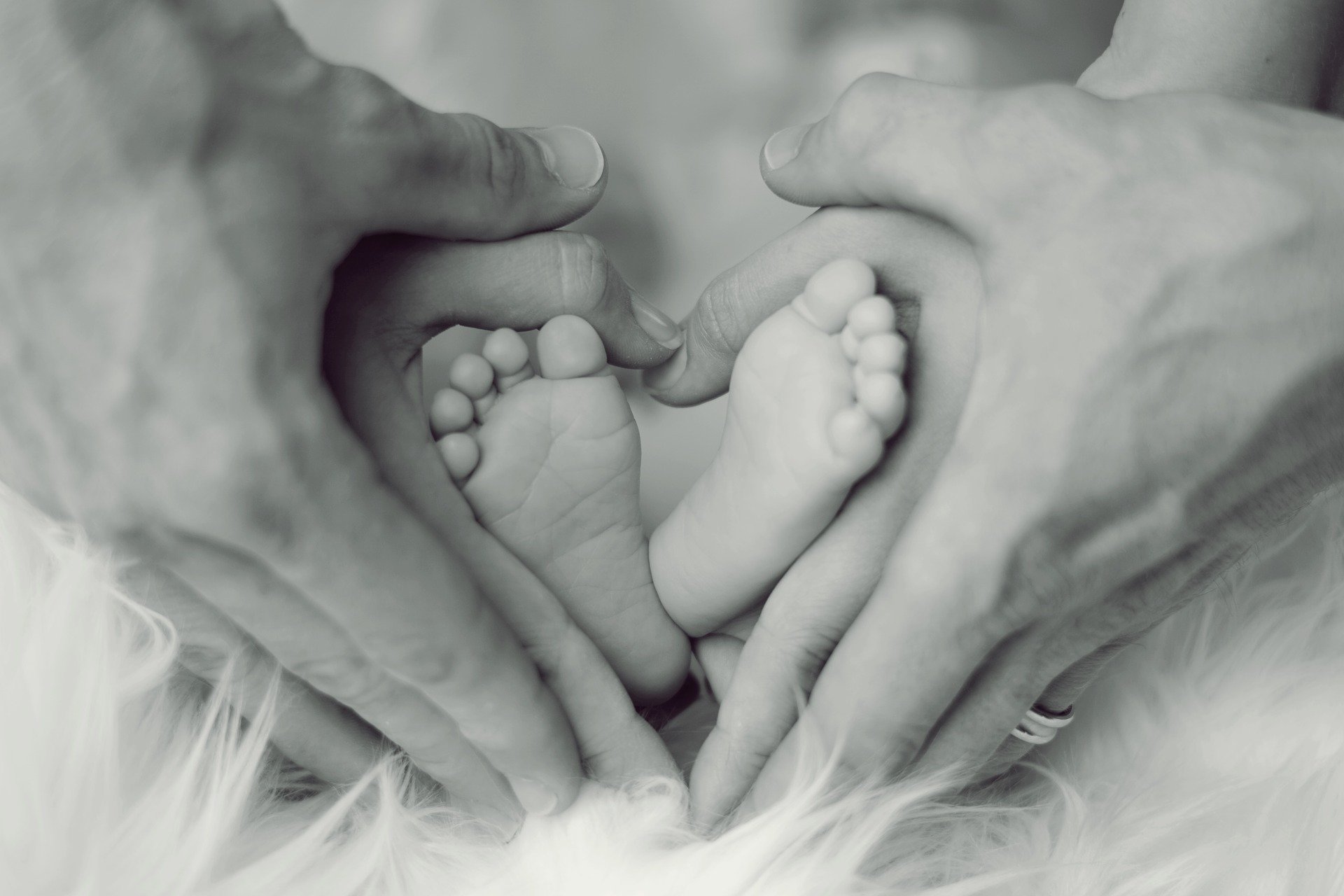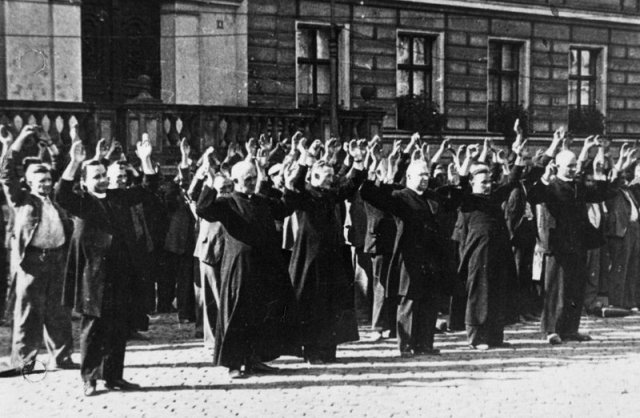To the rescue of mothers and children. The Church provides a real alternative to abortion
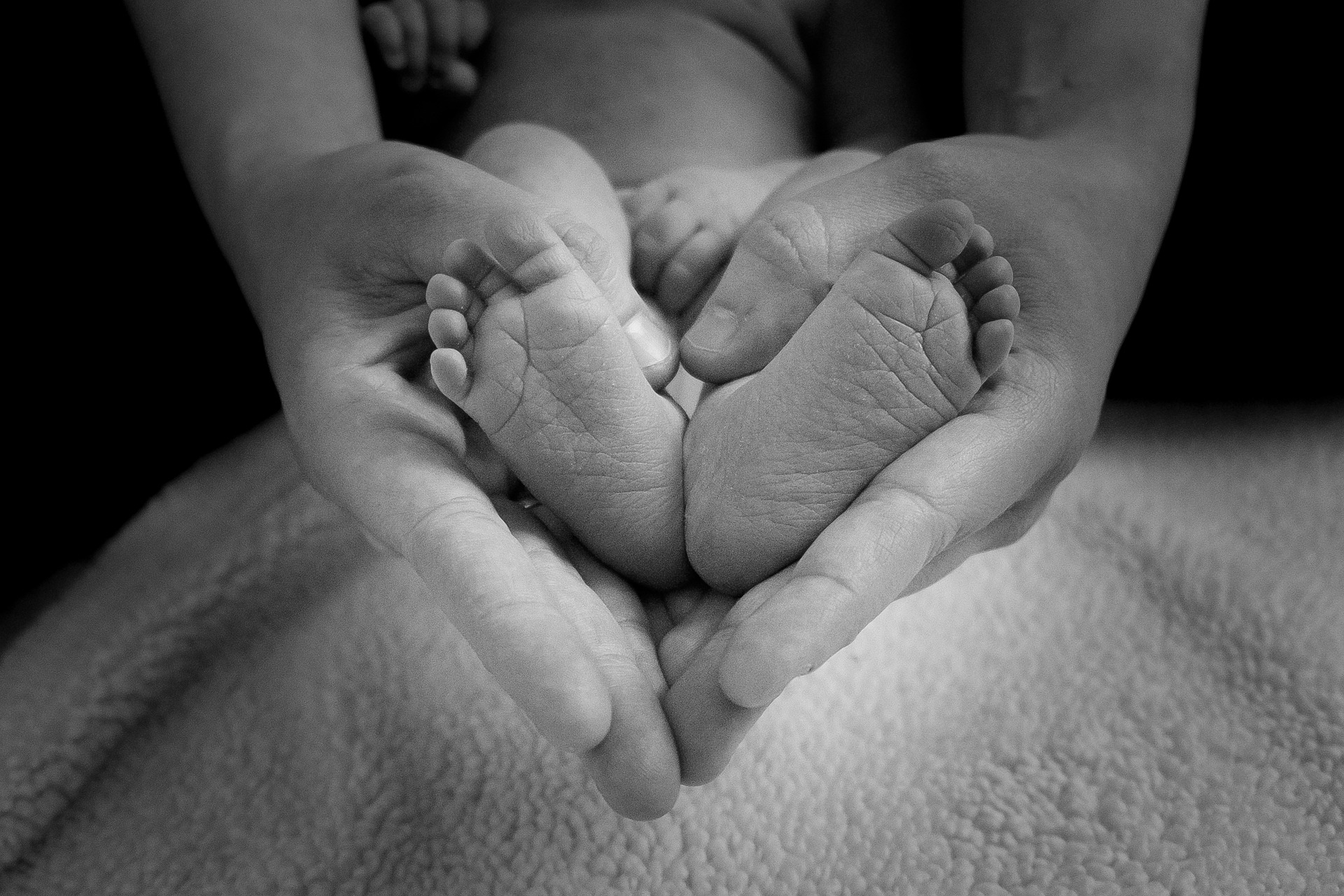
Quietly, but effectively – this is how one can describe the help that the Polish Catholic Church organizes and gives to support pro-life activities. The Church in Poland, contrary to the claims of leftist and feminist circles, cares about life, and not only that of the unborn. Slogans appearing at protests by abortion supporters, which argue that Catholics cease to care about the child after birth, are not true.
Zuzanna Dąbrowska
On the one hand, the Church is an elaborate, hierarchical structure that operates according to a preconceived scheme. On the other, it is the faithful, or believers. In both dimensions, the Church carries out a great mission of protecting life. All life.
“Every day is good to defend life.” That is the motto that Rev. Tomasz Kancelarczyk, one of the country’s best-known pro-lifers, has chosen as his watchword. Rev. Tomasz organizes the largest March for Life in Poland, which passes through the streets of Szczecin and many other cities every year. Rev. Tomasz is a man of action. In 2012, he founded the Little Feet Foundation (FMS). It is formed by people who for many years have been committed to defending the value of human life, from conception to natural death, and the dignity of its transmission. Initially, their main goal, was the organization of the March for Life in Szczecin and the promotion of the spiritual Adoption of the conceived child. Currently, the Foundation’s activities have a much broader scope – they include year-round formation and education of young people, the formation of public opinion and assistance to mothers who have given up their intention to have an abortion and give birth to their child. These activities, apply not only to the Szczecin area, but also to Poland as a whole, and many initiatives are international in their outreach.
Thus, throughout the country FMS organizes the action “Packages for Toddlers” (Paczuszka dla maluszka). Its recipients since 2013 are institutions such as orphanages, young children’s homes, single mother’s homes and hospices. Donors prepare packages with the most important products such as washing powders and liquids, creams, shampoos, oils, diapers, and soaps. They leave the package under a special Christmas tree in a designated place. The gifts are then given to those in need. Thanks to the “package,” the Christmas season is a little easier each year for single mothers and children who have no parents. You can also get involved in the campaign by donating money to the Foundation’s account, which can use the funds to prepare the gift itself.
The Little Feet Foundation is also vigorously developing another valuable initiative – “Diapers for Toddlers” (Pieluszka dla maluszka). Within its framework, newlyweds who are close to pro-life values ask their wedding guests to include diapers in their wedding gifts instead of flowers or chocolates. Foundation volunteers then donate the diapers (though they are also often basic baby hygiene items) to those in need. This not only puts the prolife message into practice, but also shows others that life is thought of seriously in the Church.
Endearing requests
Large and aggressive protests by abortion supporters were sparked by a landmark ruling by the Polish Constitutional Tribunal in October 2020. At that time, the Tribunal, at the request of a group of Law and Justice (PiS) club deputies, checked whether so-called “eugenic abortion” is compliant with the Polish Constitution. The Court ruled that killing a child due to a congenital defect (in the vast majority of cases, “eugenic abortion” involved children with Down syndrome) is not compliant with the provisions of the Constitution. This, in turn, enraged proponents of the right to abortion. Meanwhile, Rev. Tomasz Kancelarczyk and his Foundation quickly responded to this “challenge” that came with the verdict. Since everyone has the right to live, everyone must be guaranteed a dignified life. That’s why FMS launched the “It Doesn’t Take Much” campaign, the symbol of which is a small windmill – a Christmas gift once requested by one of the its children-beneficiaries. The symbol, although mundane, is extremely powerful in its meaning. After all, it often takes very little to give someone joy and make them feel important. The donations in this campaign go to people with intellectual disabilities who are in the care of Nursing Homes throughout Poland. “I would like a Christmas blanket and soft socks,” “a colorful t-shirt, a thermal mug, candy,” “a T-shirt and adidas cologne” – these are just among some of the requests that are endearing in their simplicity.
The activities mentioned above are only a part of all those carried out by the Szczecin-based Little Feet Foundation. The House of the Little Feet, which was established in Syrkowice near Kołobrzeg thanks to the perseverance of Fr. Kancelarczyk, deserves separate attention. It is a home for women in crisis, both those who are expecting the birth of a child and those who have already given birth. Mothers-to-be and newly-born mothers will find everything they need there – from material assistance to psychological support and a chance to rest. “Our foundation’s Home for Little Feet has expanded by one resident, and to be exact it is a resident, Anna, who was born a few days ago. Today I was able to welcome her to Syrkowice. So holding this miracle in my hands I wondered about one thing – how can one be in favor of ab…tion, after all, it is somehow abnormal not to see the beauty of human life. I don’t understand.” – Rev. Thomas wrote on Facebook in August. The priest and his helpers don’t judge, they embrace.
They had a lot of work in the first weeks of the war in Ukraine (there is still someone to help, although it’s clearly smaller in scale). Thousands of Ukrainians were arriving in Poland at the time, most of them women with children who needed to be provided with a roof over their heads. Polish abortionists used this fact to promote abortion – they argued that since the procedure was legal in Ukraine, our country had a duty to provide it to refugees. What did the Church do? It got to work and helped. On his Facebook profile, Rev. Thomas described many stories of Ukrainian women who received help while pregnant or already with toddlers. However, the media were not so eager to cover this.
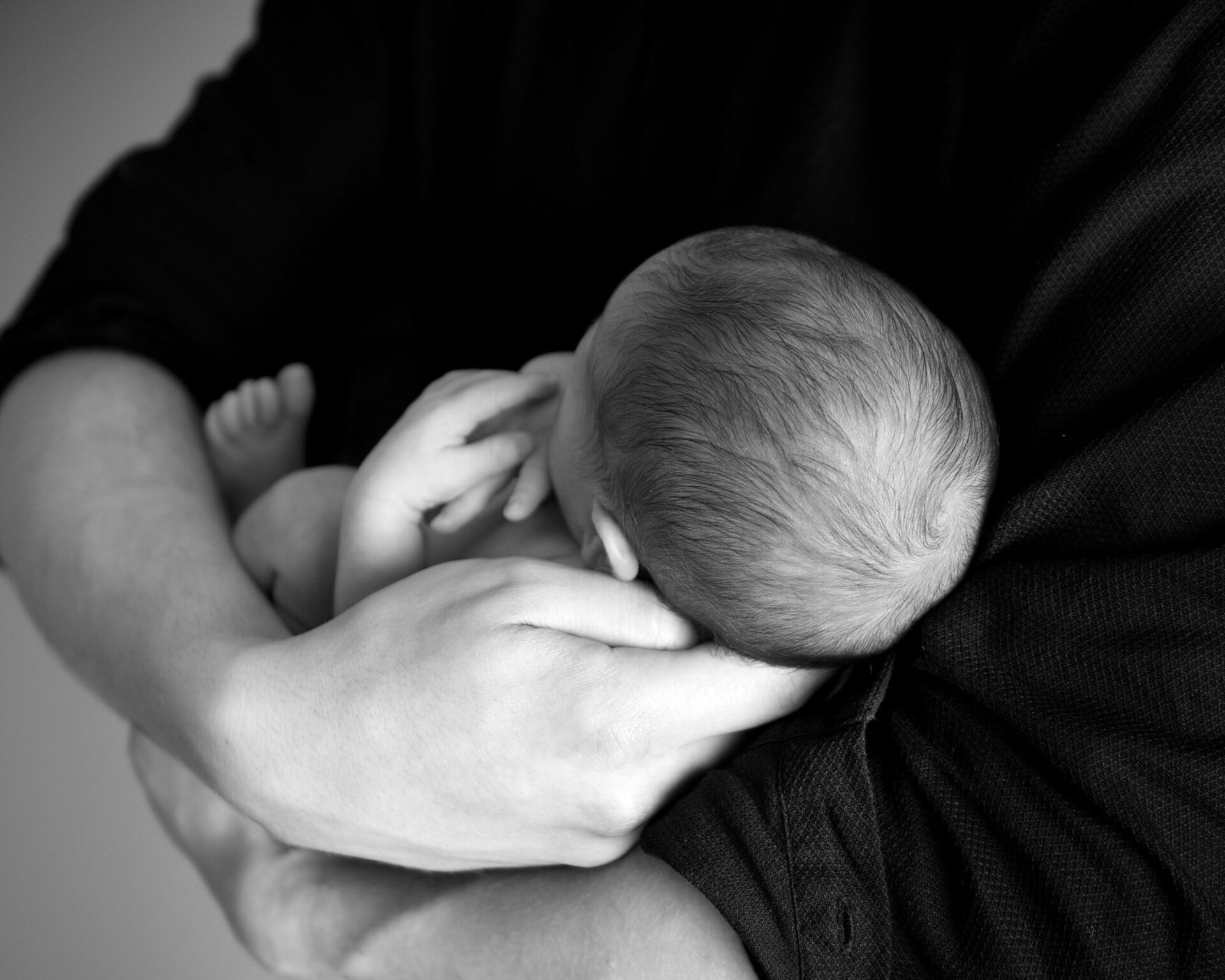
Individual, ad hoc acts of support for pregnant women deserve special attention and appreciation. Rev. Kancelarczyk regularly publishes posts about the fact that more mothers are considering abortion. He first asks for prayers to succeed in dissuading women from this tragic decision. Once he succeeds, and he succeeds often, such a woman is surrounded by help. She is given shelter, food, hygiene items. It is difficult to count how many people already received help from Rev. Tomasz in this form. It is important to note that anyone who is moved by an individual story can join in the financial support.
FMS also conducts pro-life education. It’s important to shape new generations in the spirit of respect for all life. The Foundation organizes lectures in schools and offers materials – including “Johnny” (Jaś), which is a small figurine, showing a 10-week-old unborn child on a 1:1 scale. Johnny – of real size, consistent with scientific knowledge – stimulates the imagination and sheds light on the value of the smallest, defenseless people. The striking thumb-sucking gesture draws attention to a particular stage of prenatal development.
With a view to life
A real phenomenon, demonstrating the attitude of believers to matters of defense of the unborn, are the Windows of Life. Although the idea was born in Germany and today is implemented in Italy and the Czech Republic, among others, it has also proven effective in Poland. In these places, a mother can anonymously leave her newborn child, which is subsequently taken care of by qualified professionals, including, among other things, facilitating a potential adoption process. The idea behind the Windows is the belief that it is better for a woman to give birth and abandon her child, without having to fear the legal consequences, than to have an abortion. It is a specially adapted place, with heating and ventilation. When opened, an alarm is sounded from the outside in the room of the person on duty, usually a nun. Windows of Life usually function at Polish parishes. The first was opened in 2006 by Caritas of the Archdiocese of Krakow. It was established at the initiative of the Metropolitan of Krakow, Rev. Cardinal Stanisław Dziwisz. Caritas Poland operates 61 such places throughout the country. By the end of April 2021, more than 110 children had been found in the windows of life run by Caritas. Interestingly, in 2013, the UN Committee on the Rights of the Child called for the closure of the Windows of Life because they did not ensure the realization of the right to information, i.e., a child’s right to know his or her biological parents. However, a spokesman for the Krakow District Court at the time conveyed that “in law, we are familiar with the concept of a state of necessity, where we sacrifice a good of lower value to save a good of higher value.” The organization that purports to protect children (and how do we protect them when we fail to ensure their fundamental right, which is the right to life?) fortunately failed to torpedo the much-needed initiative.
Caritas Poland, which is part of the structures of the Church, in addition to the Windows of Life, has also been running Single Mother’s Homes for years. There are currently 23 such places in our country, which are supervised by diocesan Caritas branches. As the website reads, the homes “for a few or several months become a place of support and a haven for women who themselves should be able to create a safe world for their children. They offer emergency help protecting against homelessness, the influence of a pathological environment, domestic violence and the loss of a child, but also long-term help. With free legal advice, mothers can settle social issues such as child support payments. With the support of psychologists and therapists, they regain self-esteem and control over their lives, breaking away from pathological environments and addictions. They benefit from classes with educators to establish proper, healthy relationships with their children. Finally, they can take up education and jobs that will allow them to become independent and regain their own dignity.” Caritas Poland helps comprehensively. It runs diocesan orphanages, summer camp centers, and therapeutic day care centers. All this is done so that children who have no parents or come from poor families can enjoy their childhood and feel care and love.
An important part of the practical implementation of the prolife idea is the expansion of the network of perinatal hospices. This is a response to the fear of parents who are afraid of the loneliness associated with the discovery of birth defects in their unborn child (such defects that, according to medical knowledge, lead to death during or shortly after birth). Hospices provide an alternative to abortion. Parents can receive the holistic support – from medical to psychological – necessary for a difficult pregnancy. Most importantly, they get the reassurance, backed by real action, that a child who is likely to die soon should experience the dignity and love due to every human being. The distraught parents are guided by specialists through the entire difficulty of the pregnancy. They are not alone at the time of their child’s death. They go through this difficult process consciously and get the necessary help. They are surrounded by people who take the utmost care of their child, even if it dies at birth. How different compared to abortionists, who treat the unborn as a “conglomerate of cells” that is thrown in the garbage and forgotten. The Church also supports the construction of hospices for ill-born children. Thus, Caritas Poland is co-financing the construction of a children’s hospice at St. Joseph the Worker parish in Wołomin. The facility will accommodate about 60 young patients requiring permanent care.
Inalienable rights
An important mission is also carried out by the Polish Association of Defenders of Human Life (PSOŻL), which, although structurally not part of the Church, is strongly connected with it in an axiological dimension. It was founded by Dr. Antoni Zięba, who died in 2018, a great promoter of the defense of unborn life. The engineer enjoyed the trust of St. John Paul II. He consulted him on the directions of pro-life activities and the Catholic media apostolate in more than 60 private audiences. “Our mission is to care for human life at every stage of its development. We carry it out through pro-life education and charitable assistance,” is how PSOŻL describes its activities. Some specifics – the association runs the Sick Child Fund, aimed at mothers of disabled children. One can receive PLN 5,000 per child and use the money for rehabilitation and pharmaceuticals; the other important fund is the Family Support Fund. This, in turn, helps women who have become pregnant and want to have a baby, but are afraid of financial difficulties.
The Church, which has established charitable activity as one of its tasks, is not turning its eyes away from the disabled. A 2018 report by the Institute of Catholic Church Statistics shows that one of the broadest forms of assistance to the disabled in Poland is medical. That’s 61 home hospices (used by 36,813 people) and 40 inpatient hospices (6,332 beneficiaries). The report also lists occupational therapy workshops (108 works and 16,729 people provided with access to them), 18 vocational activity centers (for 688 people), 81 rehabilitation clinics (used by 32,420 people), 116 rehabilitation equipment rentals (used by 35,901 people), day care centers (16 used by almost 1,000 people) and 34 educational centers (for 12,167 people).
Pope Francis has repeatedly spoken about this task. Referring to the teaching of St. John Paul II, Francis stressed that welcoming people with disabilities and responding to their needs is the responsibility of the secular and ecclesiastical community. “The human being, even injured in mind or in sensory and intellectual capacities, is a fully human entity, possessing the sacred and inalienable rights inherent in all humanity,” the Pope stressed.
